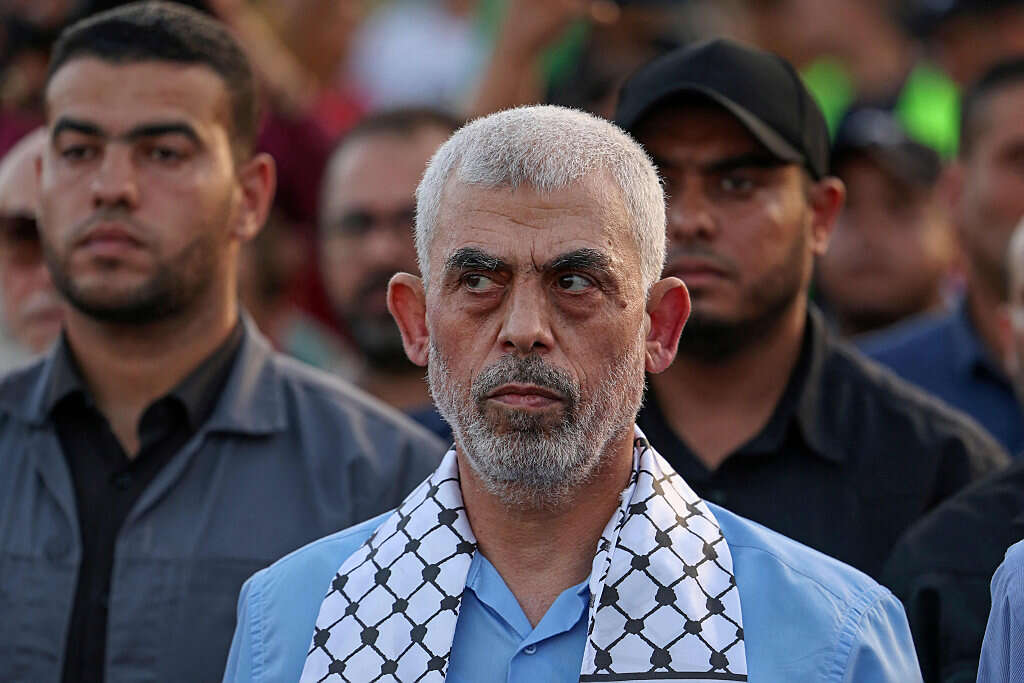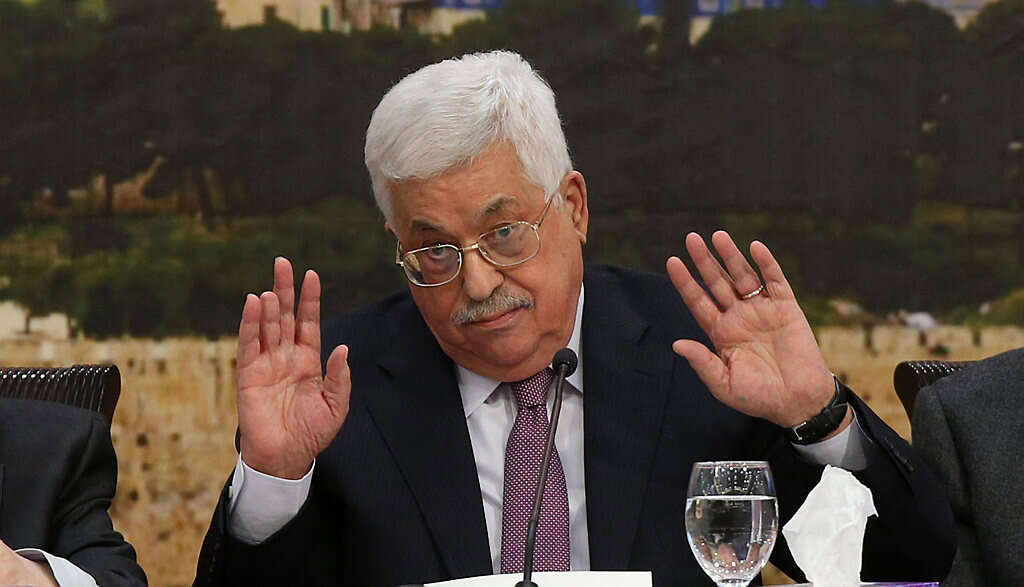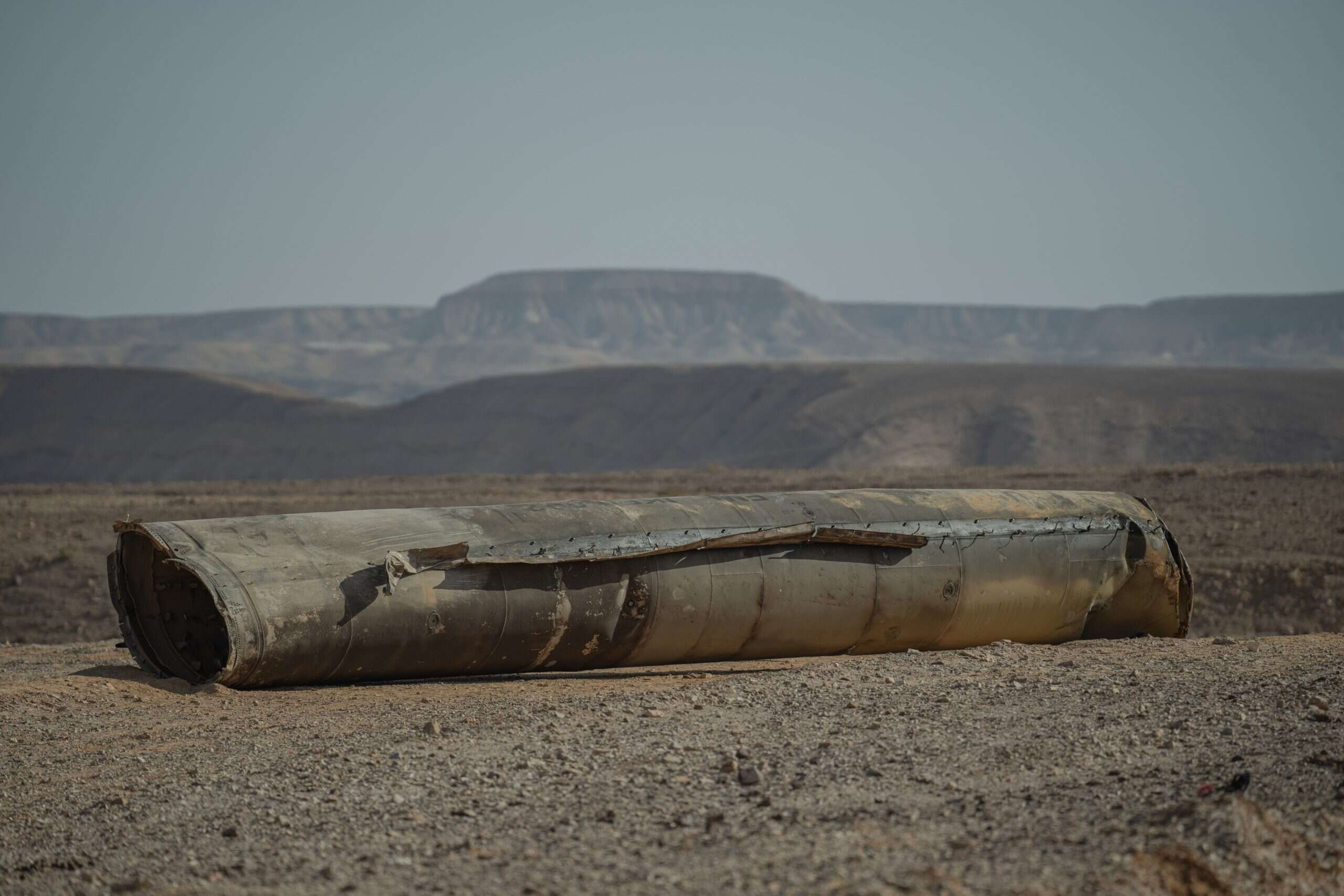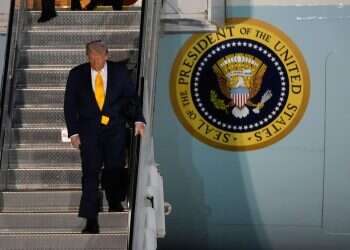Yesterday it was Sgt. Uriel Peretz. The day before, Staff Sgt. Yuval Shoham Each day brings its own casualty in this long war that began in 2023 and is stretching into 2025, with no end in sight. The fallen soldiers' plots in military cemeteries stand as silent testimony to the war's cost. So do the devastated kibbutzim around Gaza and the bombarded towns along the northern border. "Total victory" is a beautiful slogan for politicians. Humans pay its daily price in blood, property, money, and spirit. The core of Israel's security doctrine is to wage short wars and transfer them to enemy territory. Israel failed in the first part – the current war is the longest in its history. In the second part, it achieved partial success: while most fighting takes place in enemy territory, Israel's home front has faced and continues to face threats from multiple fronts.
Eroding the circle of hatred
The outgoing year can be summarized with a series of achievements, and there were quite a few: Hezbollah was struck in the north, losing most of its political-military leadership, including its all-powerful leader, Hassan Nasrallah. Hamas was hit in the south, losing most of its political-military leadership, headed by its all-powerful leader Yahya Sinwar. Iran lost several important strongholds in its axis of evil and suffered hits to strategic assets on its soil.
Even the Houthis in Yemen were attacked, and terrorism in Judea and Samaria took painful blows. Even Syrian President Bashar Assad lost his grip on power. Though unplanned, this contributed to eroding the circle of enmity surrounding Israel.
The outgoing year can also be summarized by a series of failures, and there were many: 100 hostages who haven't returned home. Tens of thousands of evacuees still displaced from their homes in the north and south, with reconstruction lagging. The opening of direct confrontation with Iran, which launched missiles and UAVs at Israel for the first time (twice).

The escalation of direct conflict with the Houthis in Yemen and significant increase in terrorism from Judea and Samaria. Damage to Israel's diplomatic standing and economic resilience, and acceleration of legal proceedings against its officials worldwide.
The year beginning tonight at midnight brings numerous challenges on all these fronts. This will be the year when matters with Iran come to a head. The nuclear project is on the agenda, and all options are open: from an Iranian attempt to break out to a bomb, through an Israeli (or American, or joint) strike, to a new agreement.
All these paths will go through Donald Trump's White House, who is expected to be a key player in what happens in the Middle East in the coming year and beyond.
This will be the year when Israel must also decide on Gaza's future. Not just the axiom of exchanging hostages for a ceasefire, but also genuine engagement with the day-after question, either separately or as part of a broader deal including normalization agreements with Saudi Arabia and other countries.
Such a deal would be an important protective wall for Israel against the Shiite axis, and should also provide a significant boost to the Israeli economy.
Decision time in Syria and Lebanon
This will also be the year when things take shape in the north; in Lebanon, which must decide whether it returns to being Hezbollah's hostage or breaks free, and consequently, the nature of IDF operations there. And in Syria, which will shape its future under the new regime and must also shape its future relations with Israel – whether for coexistence, warm or cold, or for combat.
This will also be the year of the Palestinian arena, counting down to Mahmoud Abbas' death and the chaos that might ensue in his absence. Some in Israel welcome this as part of their grand plan to annex the West Bank: their joy seems premature, and mainly ignores the heavy price that might come with it – security-wise, diplomatically, and economically.
This will also be the year when the IDF must look inward and begin rehabilitation. Complete investigations and learn lessons. Commanders, led by the chief of staff, will go home. Those who follow will need deep plowing to rebuild the army's self-confidence and public trust. They'll also need to address explosive issues, primarily ultra-Orthodox integration and the future of the reserve force and the size of the standing army and mass resignation of commanders and massive platform investments, and they can handle these only if they salute the flag, and it alone.

This will be the year when politicians continue trying to emasculate the IDF and the Shin Bet security agency, as part of Israel's most dangerous front: the internal arena. The war's beginning taught what happens when Israel is polarized and divided: it becomes prey to its enemies. The war's continuation taught what happens when Israel unites against a challenge, any challenge: it can overcome it, decisively.
Unfortunately and worryingly, the political system long ago returned to Oct. 6.
While soldiers fall in Gaza, the Knesset busy itself with draft-dodging laws, restrictions on the judicial system and media, and attempts to avoid a state commission of inquiry that would examine its own failures and ensure a similar disaster doesn't happen again.
On the brink of dangerous spiral
The gap between the tank crew in Gaza and the reconnaissance platoon in Lebanon and the raid force in Jenin, versus the conduct in political corridors, is troubling.
It's the reason for the lack of solution to the hostage issue, and growing frustration among reservists and their families and career soldiers and their families, and delay in adequate civilian solutions for evacuees' problems and rehabilitation, and brain drain from the country, and the growing feeling that instead of focusing on what's essential, Israel is entering a new dangerous spiral.

Israel can choose differently. The cards dealt it a not-bad start to 2025. Trump in the White House, and also improved security situation on most fronts.
If it just knows how to get along with itself and prioritize essential over secondary, national over political, general over personal, and if it manages to put ego and honor aside and act from the head not the gut, Israel can handle all the rest.




